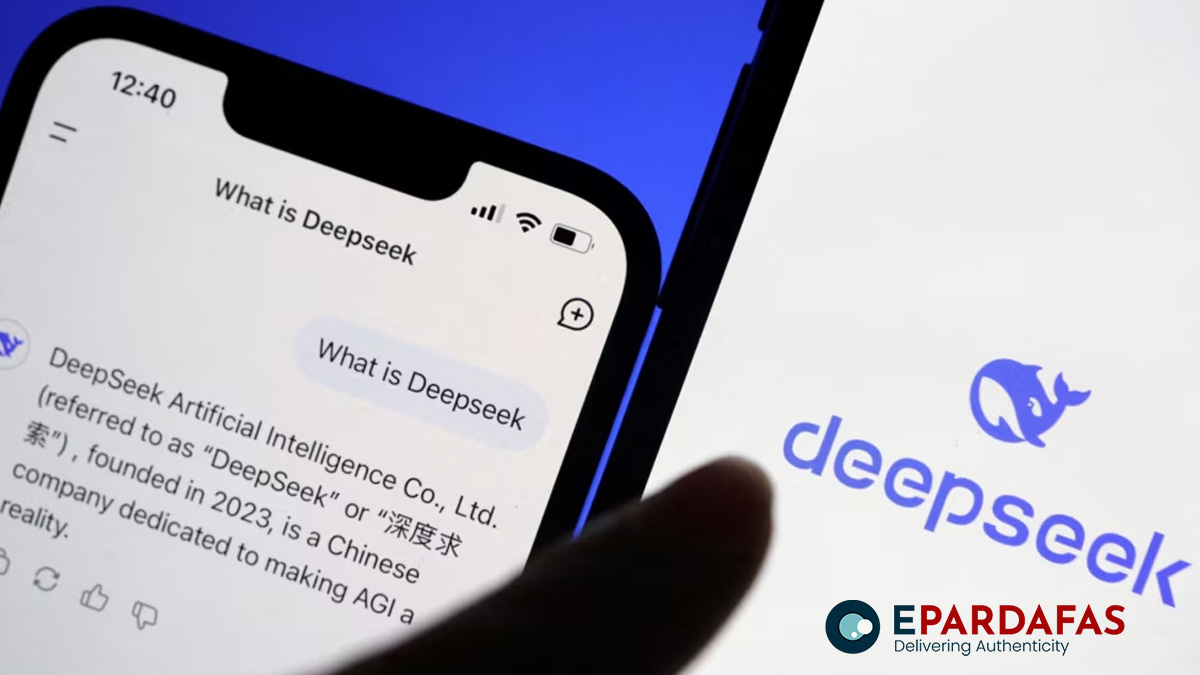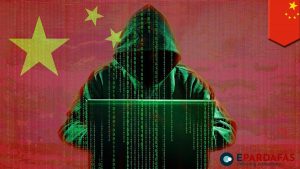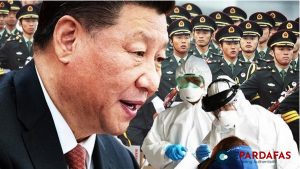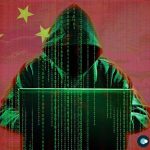
Global Concerns Grow Over DeepSeek as Governments Ban AI Tool for Speech Suppression
Governments across the United States, Australia, Taiwan, and other nations have banned the use of DeepSeek on official devices, citing security risks and concerns over potential misuse for speech suppression. Analysts argue that the Chinese AI software not only raises privacy and data security issues but also incorporates real-time content moderation mechanisms that align with China’s official narrative. This has led to growing fears that DeepSeek could serve as a tool for controlling public opinion and suppressing dissent.
Australia officially announced its ban on February 4, labeling DeepSeek an “unacceptable security risk.” Similar prohibitions have been issued by the Pentagon, NASA, Taiwan’s Executive Yuan, and Italy’s data protection authority, Garante. U.S. Senator Josh Hawley has even proposed legislation criminalizing the use of DeepSeek in the U.S., with penalties including up to 20 years in prison and a $1 million fine. In response, Chinese state media criticized the bans, accusing the U.S. of excessive paranoia under the guise of national security.
Beyond data security concerns, critics argue that DeepSeek’s responses are heavily influenced by China’s official political stance. Tests have shown that the AI systematically censors sensitive topics, such as government treatment of journalists or historical events like the Cultural Revolution. Even when run on independent platforms, DeepSeek’s responses remain within the framework of China’s government-approved narratives. Analysts have identified built-in “real-time filtering” mechanisms that can delete and modify answers to ensure compliance with censorship regulations.
Experts warn that DeepSeek could become an advanced tool for China’s information control strategy. Unlike traditional censorship methods such as internet firewalls and keyword bans, DeepSeek’s generative AI capabilities allow it to manipulate discussions and subtly reinforce government messaging. Some fear that if widely adopted—especially in Global South countries with limited technological defenses—DeepSeek could further China’s influence by shaping public discourse in a way that favors Beijing’s interests.
While DeepSeek does not yet appear to be actively spreading pro-China narratives in global online spaces, experts believe it has the potential to influence public opinion over time. By offering lower usage costs, it may attract users in regions where alternatives like ChatGPT are expensive, gradually normalizing China’s official viewpoints. The software’s ability to filter and reframe discussions in real time makes it a particularly effective tool for controlling information.
For now, DeepSeek’s strict compliance with Chinese censorship laws limits its appeal to international users. However, unless it adapts a separate “off-wall” version—similar to how TikTok operates differently from its Chinese counterpart Douyin—its reach beyond China may remain restricted. Meanwhile, governments continue to assess the implications of AI-driven censorship and the broader risks posed by China’s expanding technological influence. Input from VOA Chinese.













Comments